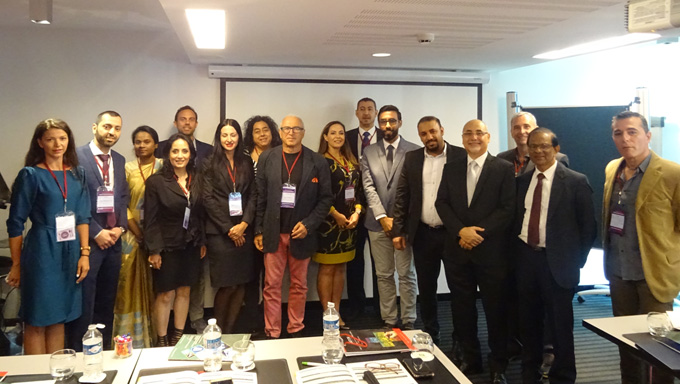
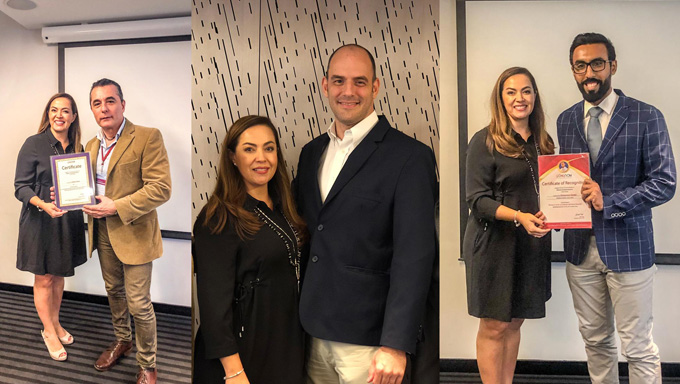
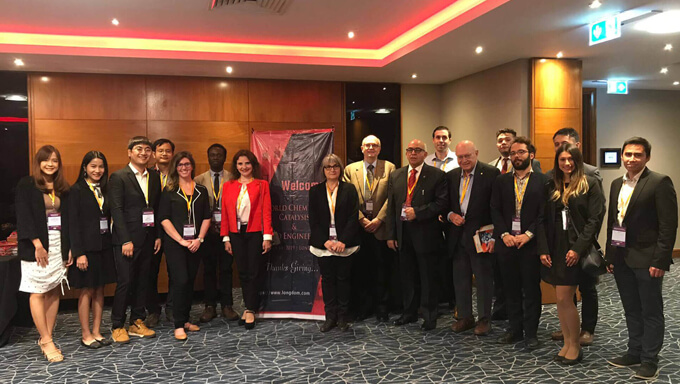
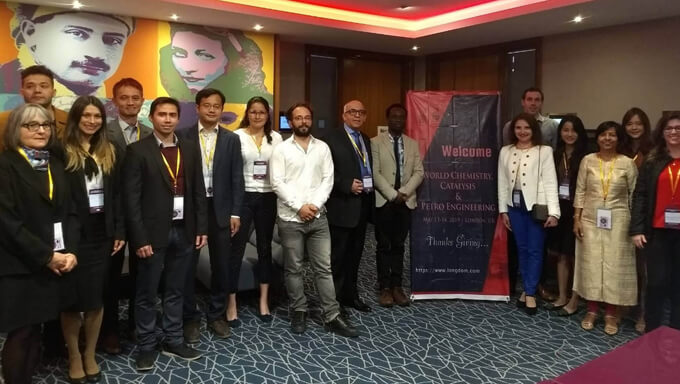
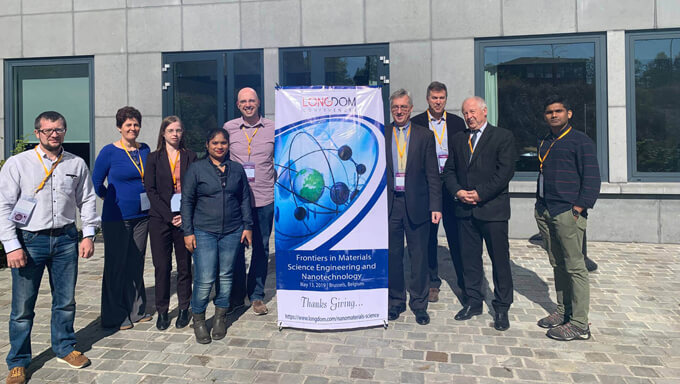
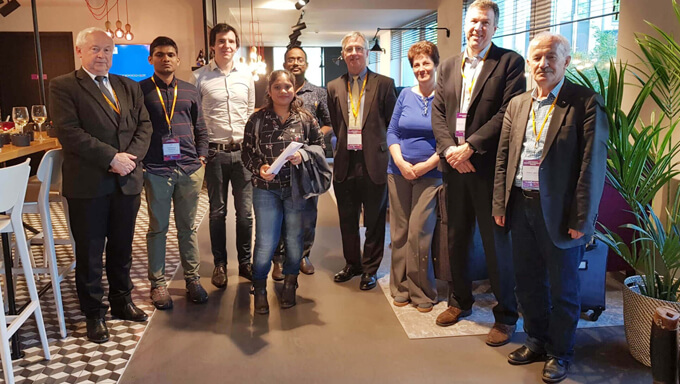
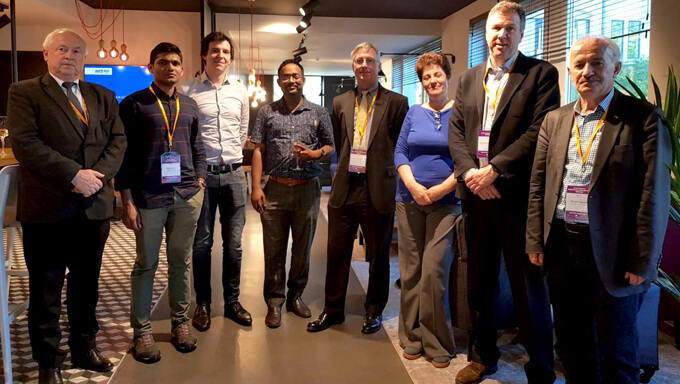
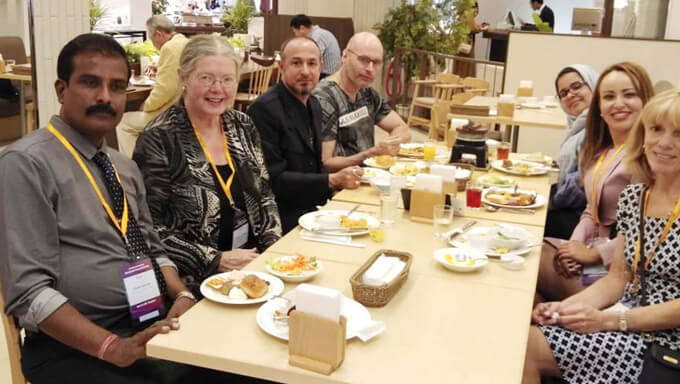
Cancer stem cells (CSCs) are cancer cells (found within tumours or haematological cancers) that possess characteristics associated with normal stem cells, specifically the ability to give rise to all cell types found in a particular cancer sample. CSCs are therefore tumorigenic (tumour-forming), perhaps in contrast to other non-tumorigenic cancer cells. CSCs may generate tumours through the stem cell processes of self-renewal and differentiation into multiple cell types. Such cells are hypothesized to persist in tumours as a distinct population and cause relapse and metastasis by giving rise to new tumours. A biomarker is “a biological molecule found in blood, other body fluids, or tissues that is a sign of a normal or abnormal process, or of a condition or disease, such as cancer. The alterations can be due to a number of factors, including germline or somatic mutations, transcriptional changes, and post‐translational modifications.
Cancer is a group of diseases that involve abnormal increases in the number of cells, with the potential to invade or spread to other parts of the body. Not all tumours or lumps are cancerous; benign tumours are not classified as being cancer because they do not spread to other parts of the body. There are over 100 different known cancers that affect humans.
Cancer screening tests aim to find cancer before it causes symptoms and when it may be easier to treat successfully. Screening tests evaluate an individual's risk of developing a genetic condition. An effective screening test is one that
Diagnostic tests are used to ascertain a diagnosis. Blood tests, health history, physical assessments, and other procedures may be used to help make a diagnosis
The development of new anticancer agents is a long-term process, which involves the acquisition of new compounds, screening for antitumor activity, production and formulation, animal toxicology and finally, evaluation of toxicity and antitumor activity of the compound in man. Drugs go through a long development and approval process in the United States. Before any drug can be prescribed to a patient, researchers make sure the drug is safe and that it effectively treats cancer. This process often takes many years and significant resources. The actual amount of time it takes to go from a researcher's idea to the drug's development and approval varies. Developing a new drug is through three main steps Preclinical research, when the drug is found and first tested. Clinical research, when the drug is tested in people. Post-clinical research, which takes place after the drug is approved and studies continue.
Precision Cancer Medicine is an open access, peer-reviewed online journal dedicated to precise diagnosis and targeted treatment of cancers and personalized care for patients, encompassing areas of oncology, pathology, imaging, radiotherapy, chemotherapy, surgery, anaesthesiology, nursing and etc.
The term oncology literally means a branch of science that deals with tumours and cancers. The word “onco” means bulk, mass, or tumour while “-logy” means study.
We let our ground-breaking work and our amazing clients speak for us…… LONGDOM conferences